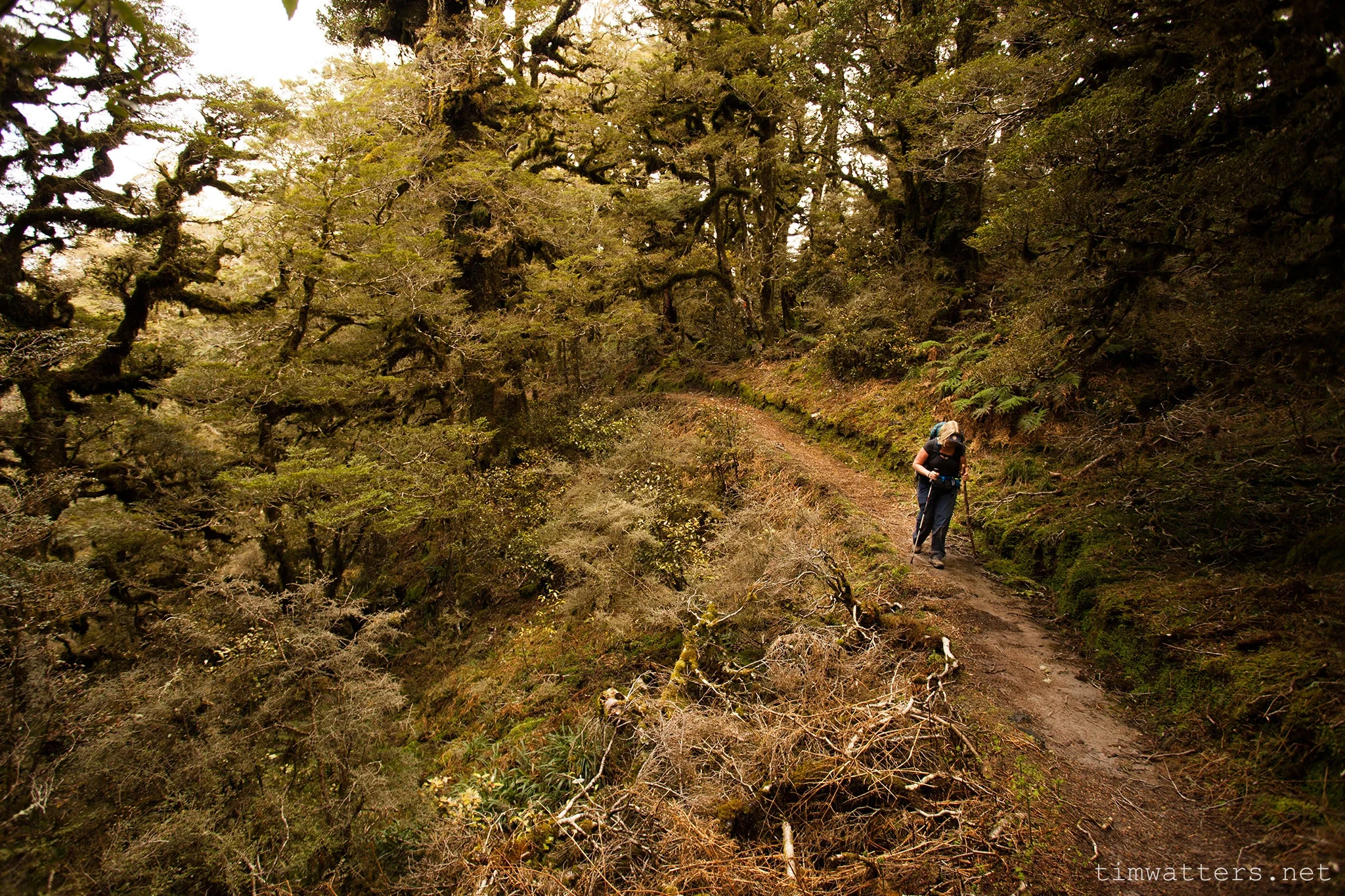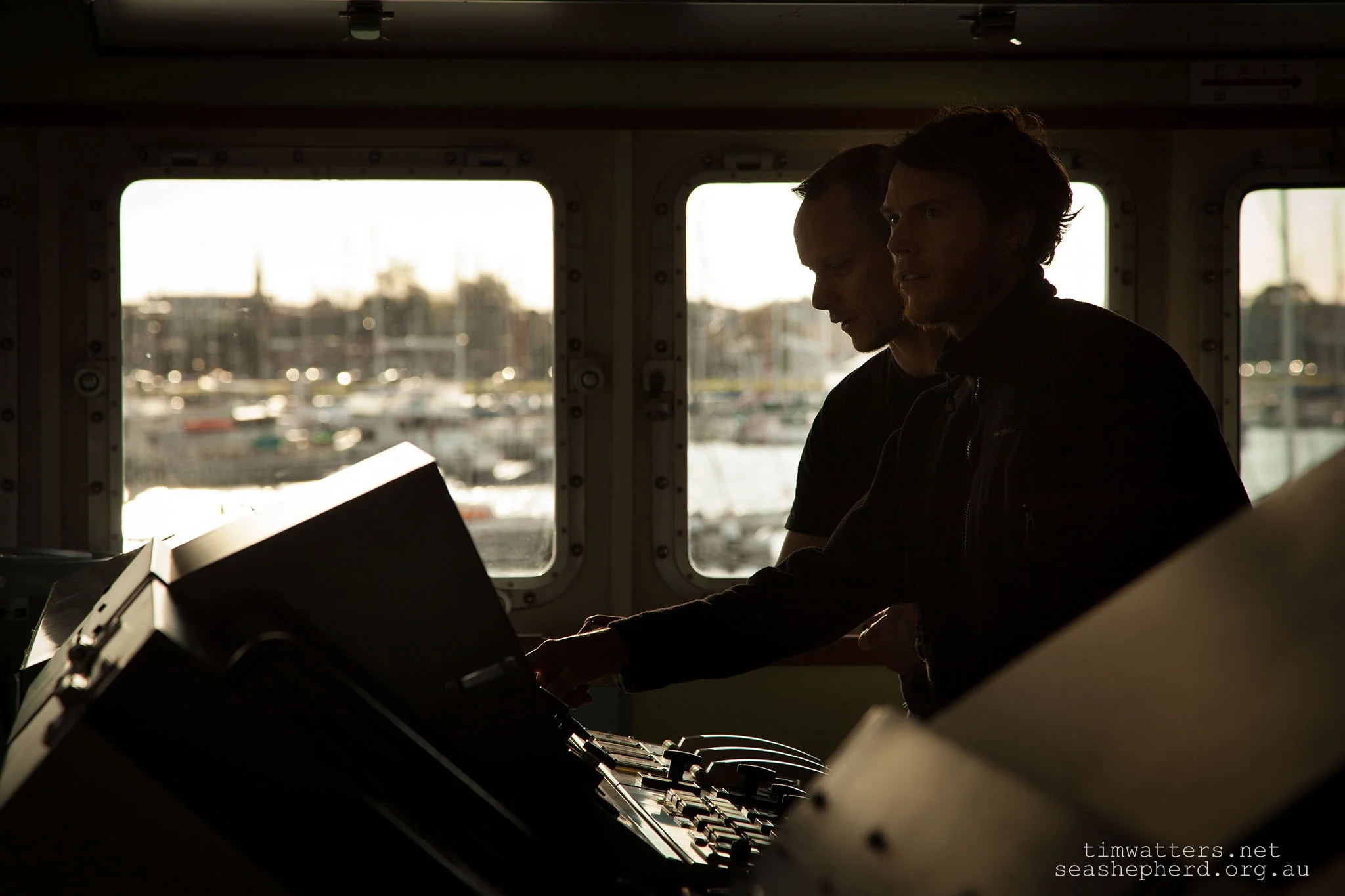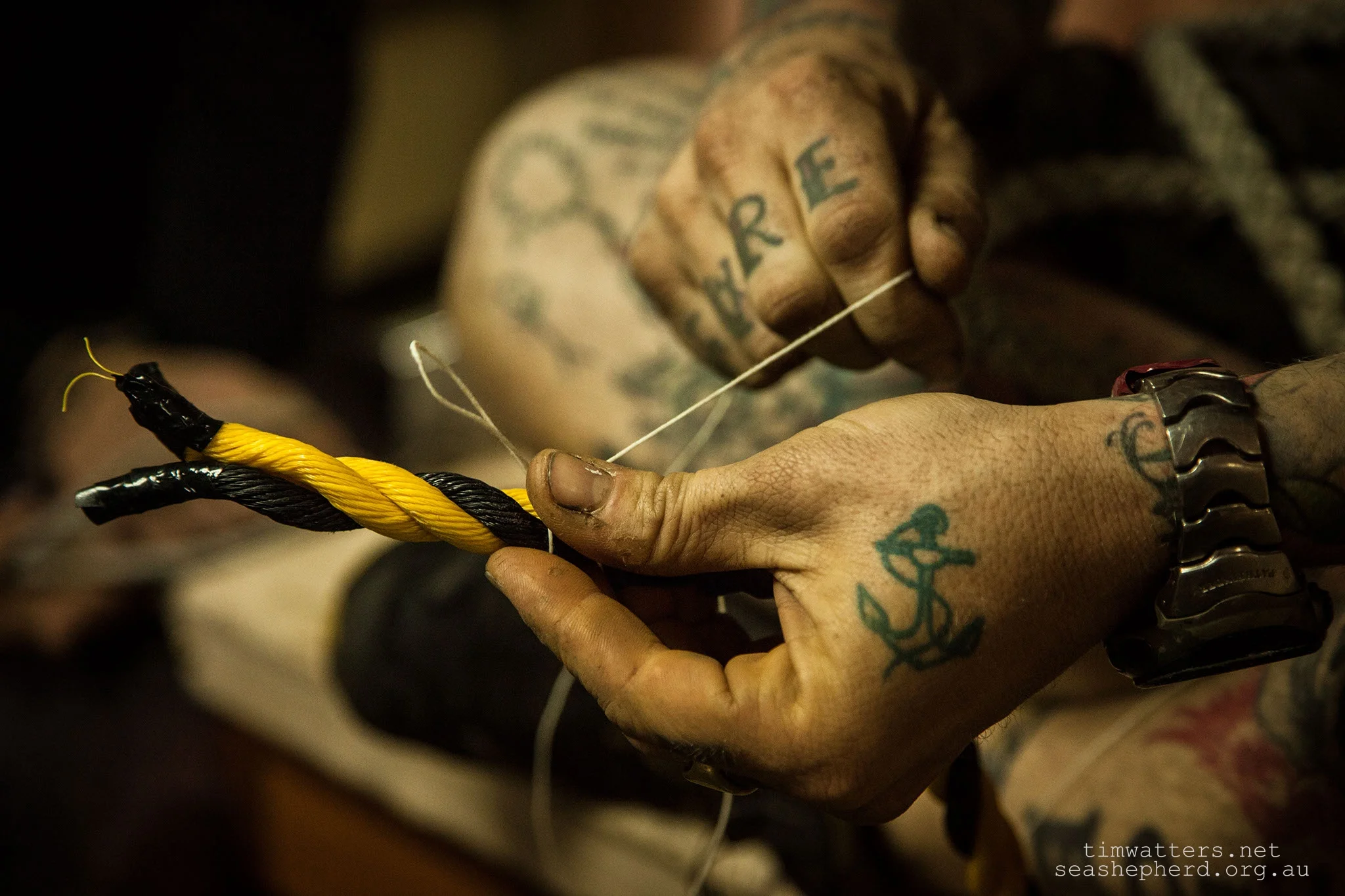My first visit to James Price Point was last year, in August of 2012. I sailed there as a photographer aboard the Sea Shepherd vessel, the Steve Irwin. We were heading West to raise awareness about the worlds largest Humpback Whale nursery, which was under threat of destruction because the Western Australian government and an Australian gas company called Woodside wanted to rip the land up, build a gas hub, as well as a big port that would tear straight into the waters that thousands of whales come to each year to give birth and rear their young before heading South in the summer to Antarctica in order to fatten up.
Prior to setting sail, the 'Save the Kimberley' campaign seemed like a lot of those complex, out of reach environmental fights that I had heard about and kept my distance from for years. A fight so big and entangled with government and industry that a victory for those on the side of the land and life seemed pretty unlikely. Not unlike many environmental battles, I suppose.
We spent a week in those waters, and over that week we met with and had discussion with many of the locals from that area, and a lot of the aboriginal people of the land, the Goolarabooloo and the Jabbir Jabbir. All of them had such a strong sense of respect and pride in that area of Earth - something that I hadn't really come across before. With much of my developing years spent in Melbourne, I hadn't really ever met anyone fighting for any specific area of sidewalk or toll-way. Here, no one wanted this development to go ahead.
Seeing the wilderness and beauty of that un-industrialized area really left an impact on me. It taught me that the wilderness does not belong to any one person, and therefore, no one can make decisions about what happens to it. It is definitely not anyone's right to claim ownership of it and use it for their own financial gain and in doing so, destroying ecosystems and communities. We talked a lot about the fact that there are few very truly wild places left on Earth, and no matter what way you look at it, it's important to keep it wild. Even for economic reasons.
Visiting again in 2013, what I've taken away is an immense amount of pride in the local people who stood up for the first times in their lives and said 'no' to the government and the police who tried their best to take that area of land from them. My mother recently took part in a protest against the testing of party pills on animals in New Zealand - her first stand against rule. In her; and in the people of Broome and the wider Kimberley region, I feel so encouraged. Encouraged that it's not just the likely suspects who acknowledge that sometimes some screwed up things happen and you need to stand up and let your voice be heard. That you need to do what you can to prevent something that is wrong from happening.
In the end it's not going to be any one individual that prevents a government or corporation moving in and destroying a species or an area of land, but each individual plays an essential role. 'You' become part of the collective voice of opposition, and if there is no voice against industrialization, then it becomes very easy for these people to do what they want, where they want.
Standing on the shores of James Price Point, sitting in a boat next to a newborn Humpback Whale and it's mother, sharing stories with the locals about their fight, I thought to myself 'Imagine if these people did nothing - imagine if there was no opposition. All of this would be gone'. It was a simple thought, but a terrifying one, and it's a lesson that I think applies to everyone who cares about our environment and the animals we share it with. If we don't stand up against these people who view nature as an investment, then of course it's going to be taken from us all.
Today, James Price Point stands free from development. As long as that region represents financial gain, it will be under threat, but the community there has learnt that together, they can win.

































































































